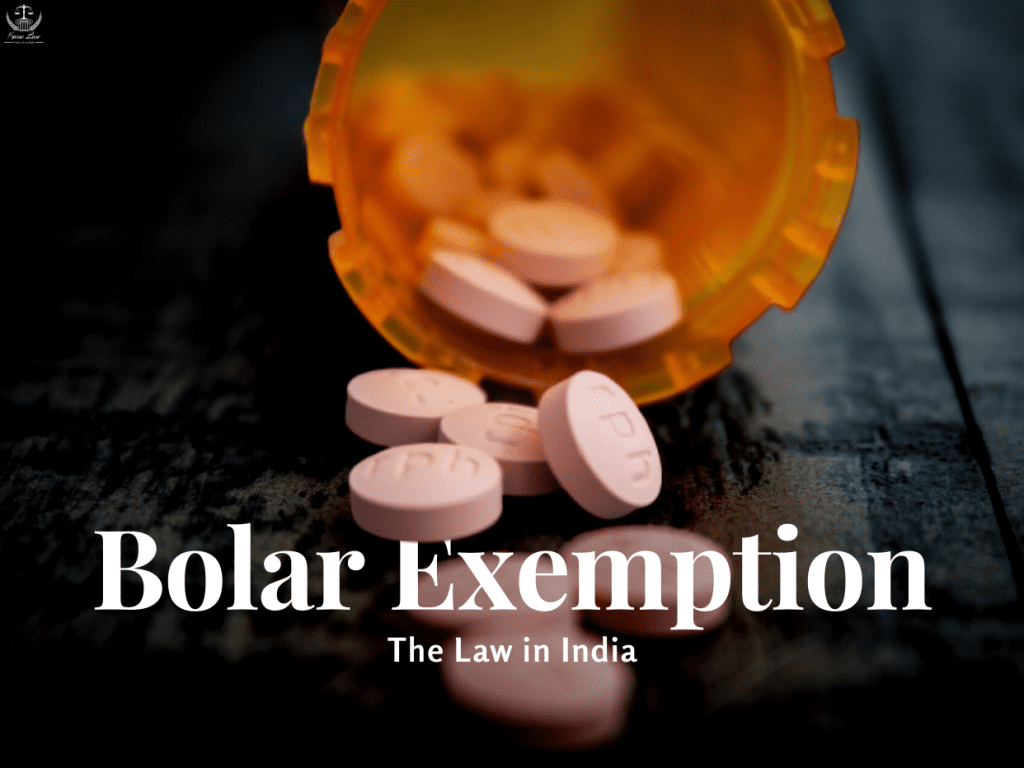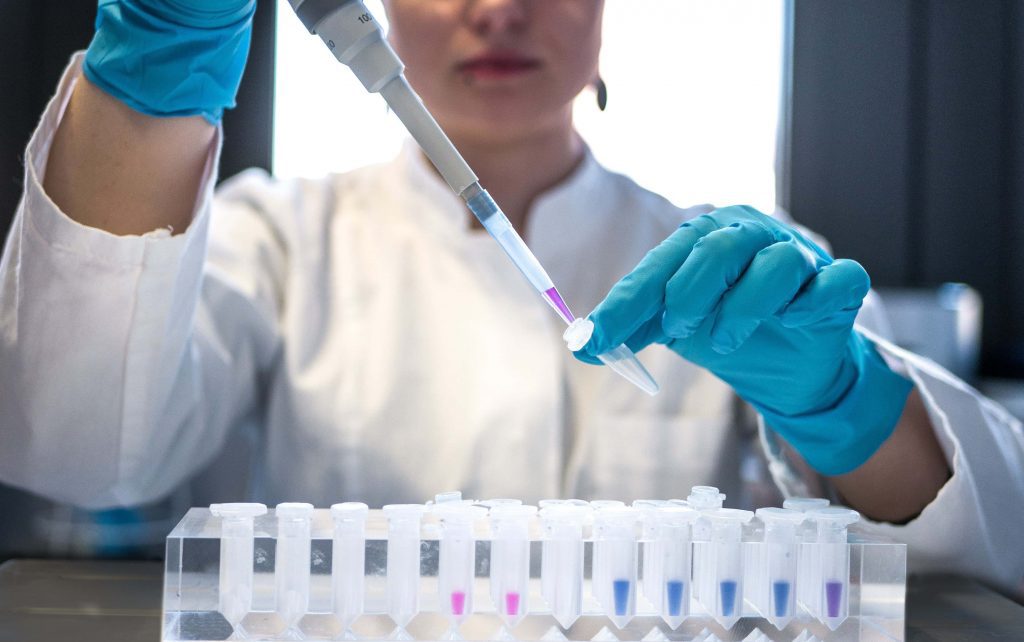
Whenever a person creates a new thing that is not in existence in the society earlier such as any literary work, machines, a new type of medicine or technology, etc, then it can be called an invention and one who makes an invention is termed as an Inventor. The one who invents something must be given credit and recognition. So, to protect the invention from any type of infringement in India, we have the Indian Patents Act, 1970 which provides legal recognition of invention and protects them from being infringed. According to Sec 2(j) of the Indian Patents Act, 1970 – an invention means a new product or process involving an inventive step and which is capable of industrial application.
Generally, a patent means a title or legal recognition given to the inventor to use a product either for selling or distributing with the specified time granted by the authority. The registered patent holder under this act can protect his invention from being monopolized in the public by anyone except him. However, there are certain exemptions to this general rule, under which the third party can sell, use or modify patented inventions which don’t amount to infringement of the patent holder’s rights. This exemption is commonly known as the ‘Bolar Exemption’ under the Indian Patents Act, 1970.
India is known as the medical hub of the World. It is the largest producer and exporter of medicines across the World. It is a signatory of the TRIPS Agreement, under which the states can impose reasonable exemptions on the patent taking into consideration the interest of the patent holder (Article 30). So, Section 107-A of the Patents Amendment Act, 2002 was introduced as a defense under the Indian Patents act, 1970. This is known as Bolar exemption in India, and under this provision, a newly invented drug or any invention can be used, sold by any third party for further development or research purpose without any fear of legal consequences.
Bolar Exemption in India
In India, the Patents Act, 1970 regulates all the procedures of obtaining a license, exclusive rights to the patent holder, improvements, remedies for the infringements and defines the rights of the patent holder, etc. This act was introduced to promote inventions that are useful for society. Under Section 48 of the Act, the legal protection for the invention of drugs and similar products is for 20 years, and within this period, the patent holder gets the right to sell, use or monopolize his products. So, the bolar exemption operates in this period, where the third party can use the patented products for further improvements or research purposes.
Sec 107-A of the Indian Patents Act, 1970 lays down –
(a) any act of making, constructing, [using, selling or importing] a patented invention solely for uses reasonably related to the development and submission of information required under any law for the time being in force, in India, or a country other than India, that regulates the manufacture, construction, [use, sale or import] of any product.
This means that if any other person who is not the owner of the patented product uses it for research and development, then it will not be termed as an infringement of patent rights.
(b) importation of patented products by any person from a person [who is duly authorized under the law to produce and sell or distribute the product], shall not be considered as an infringement of patent rights
In case of necessity of a medical drug to the society, the patented drug could be used for further study and experiment without the consent of the patent holder within the expiry of the patent period provided under this act. So, this provision is very useful for drug manufacturers to conduct trials without waiting for the expiry of the patent. In the duration of the patent, the patent holder has an exclusive right to sell, use or distribute or monopolize the patented product in the market and he shall also have a right to transfer his rights to any third party with his consent under Sec 48 of Indian Patent Act, 1970.
Some of the limitations of the patent rights include that the owner of a patent cannot transfer his rights without any agreement with the third party and only some of the terms and restrictions can be imposed on the third party. A patent right can be challenged before the Court. A compulsory license is required to monopolize the patented products. The Indian Patents (Amendment) Act, 2005 regulates the use of patented products with the least cost to the customers.
Whether patented products could be exported to other countries for further research?

On Nov.18, 2019, a case has been filed before the Delhi High Court i.e, Merch Sharp & Dohme Corp & Anr v. Sanjeev Gupta & Ors, in which the issue was- whether selling or manufacturing of patented product for export amount to infringement?
Hearing the case the Delhi court observed that Section 48 of the Indian Patents act, 1970 protects the rights of the patent holder from restricting the use of such patent by the third party without the consent of the patent holder, either for the sale, use or any other purpose. Hence, the court held that Sec 48 includes protection of patent from being manufactured for export.
Now the question arises, whether the export of patented products for research would come under the purview of bolar exemption?
This issue was discussed by Delhi high court in the case of Bayer Corporation v. Union of India & Ors., and Bayer Intellectual Property GMBH & Anr v. Alembic Pharmaceutical Ltd., (2019), the Court ruled that “Section 107-A is in the line of the TRIPS agreement, International guidelines and Article 47, 21 of the Indian Constitution upholds export as a valid part of the bolar exemption. So, exporting for research and clinical trials comes under the scope of Section 107-A as the bolar exemption and there will be no impairment of the patentee’s rights”.
So, by the judgment, it is quite clear that the patented drug or products could be exported abroad for research or a trial under Sec.107-A of the Indian Patents Act, 1970.
Comparative Analysis of Bolar Exemption
The concept of bolar exemption has its origin in the European Union laws. In the U.K the bolar exemption concept is narrower than in India, as per the Patent Act of the U.K earlier there were no exemptions for research using the patented products. But now, as per the amendment in 2011, U.K has made the bolar exemption for research and development and a person can now use a patented product. But the law has categorized products into (a) and (b). And, for some products, no exemption is being given at the moment. In India, there are no such categories, all products are granted the bolar exemption. In other countries like Germany and France, products are granted bolar exemption in a much way broader than in the U.K.
In the United States of America (USA), the bolar exemption is given for patented products as per the laws of the federal States. But the exemption is provided only for the research and development of medical products. There is a territorial limitation and because of which the other countries cannot use the patented products for further research and development. But in India, under Sec.107-A of the Indian Patents Act, 1970 bolar exemption is given for exports also, which means, other Countries can use the patented products for research without the consent of the patent holder. So, India has a much broader concept of bolar exemption than other countries. This exemption plays a very important role in the interest of the public, if the invention is needed for society then the other parties can manufacture, sell or use the patented products for research and development.
Conclusion
The Bolar exemption is given a broader scope in India. Under Sec.107-A of the Indian Patents Act, 1970, the patented products can be exported abroad without the consent of the patent holder for further improvements, developments, or clinical trials. This means that generic manufacturers can use the invented drugs to carry out quality research and experiments. In the case of necessity, the manufacturer can sell, use, distribute the same to the general public although such product is protected under the law.
It is said that bolar exemption is for the betterment of society but at the same time, the rights of the patent holder must not be violated or taken away. It should be taken care that under the bolar exemption no person can manufacture the patented products for their profit and money-making business. The basic intention is that people must get medicine or patented invention at the minimum cost. The Medical Association of India has to notify the registered doctors to recommend generic medicines to avoid the financial burden on the patients. In this way, the bolar exemption can be called a good defense against patent infringement under the Indian patents Act, 1970.
Editor’s Note
The article lays down the concept of Bolar Exemption under the Patent Laws of India. It introduces the concept and lays down the international aspect of the same. Different provisions regarding the Bolar Exemption under the Indian Patent Act, 1970 are explained. Various case laws are used to explain whether the patented products could be exported to other countries or not for research and development. The article also analyses the position of this law in various counties and concludes with the scope of this law in India.